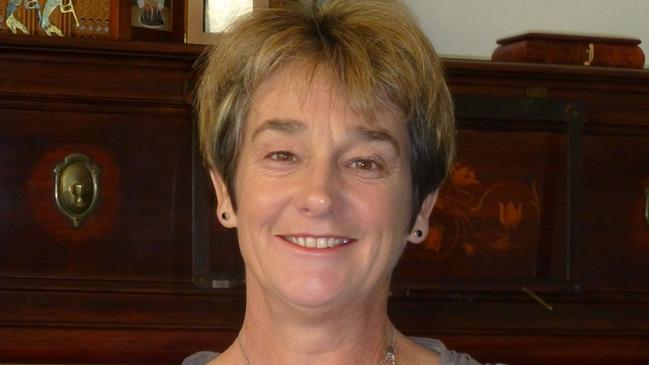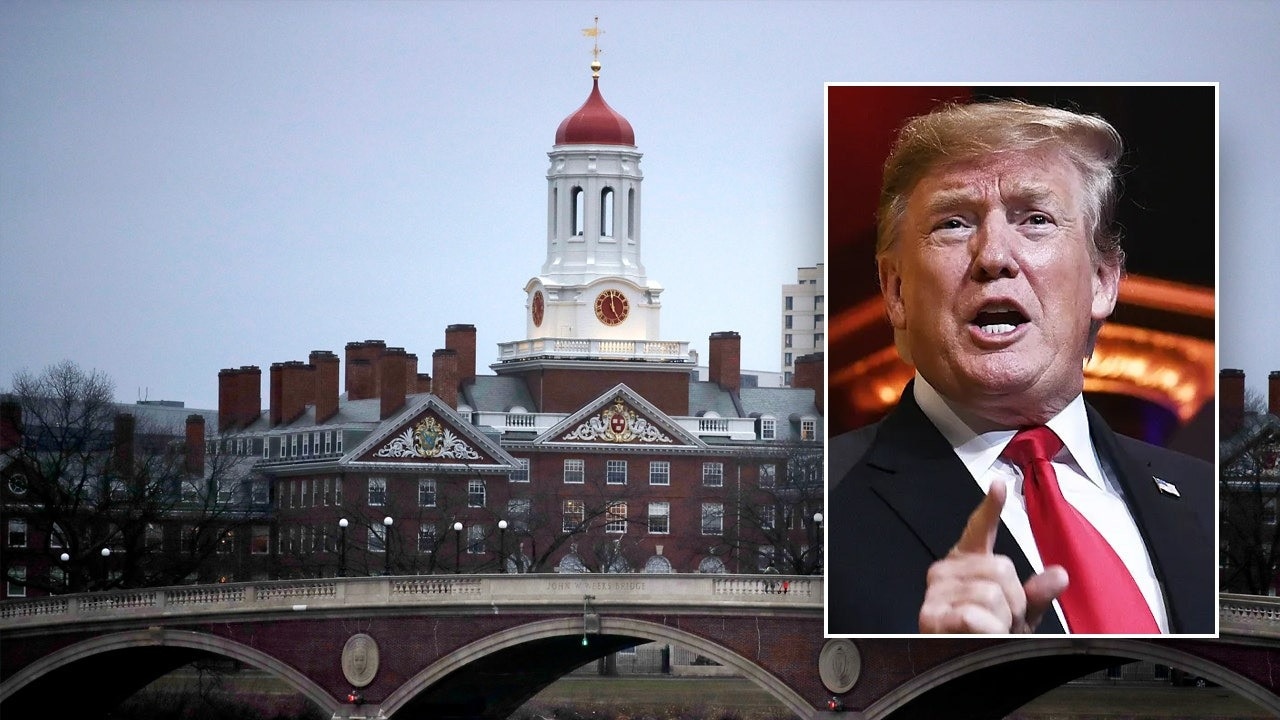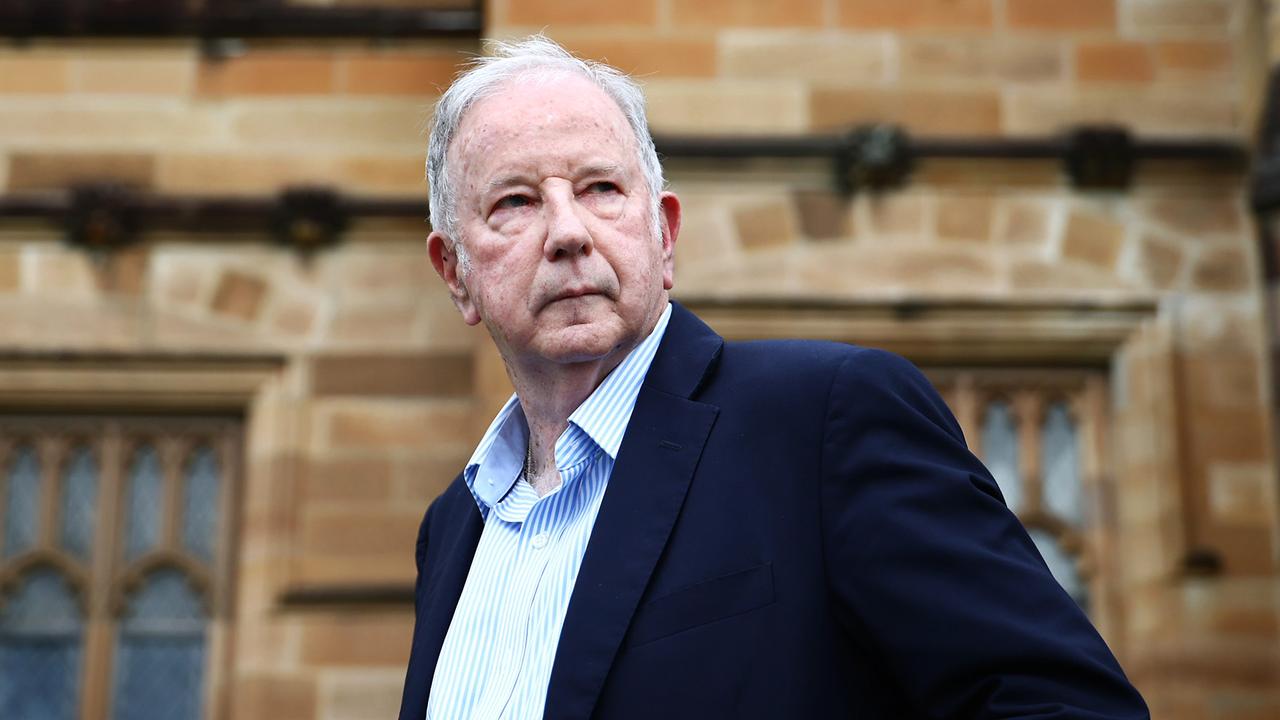Analysis finds flaws in anti-vax thesis
A new analysis of anti-vaccination campaigner Judy Wilyman’s PhD thesis has found a “strong bias” in her selection of references.

A number of citations contained in the PhD thesis of controversial anti-vaccination campaigner Judy Wilyman have been found to be “unrelated, incomplete or used completely out of context”, a newly published critical analysis of the dissertation has found.
The paper, published in the journal Vaccine, was an effort to deconstruct some of the sensationalist claims made in Dr Wilyman’s thesis for which she was contentiously awarded a PhD by the University of Wollongong in 2016.
These included that global agencies such as the World Health Organisation conspired with the pharmaceutical industry to spruik mass immunisation including by convening a “secret emergency committee” funded by drug companies to “orchestrate” hysteria over a potential swine flu pandemic in 2009.
The lead author of the new paper, Kerrie Wiley from the school of public health at the University of Sydney, said the awarding of the PhD by the university was a failure of academic rigour, which had profound real-life consequences.
“(It has) allowed the author to add weight to her subsequent prolific writings, including letters to politicians and seminars to parents, with consequences on a national and international scale,” the paper says.
The authors say that parents considering not vaccinating their children would be swayed by the authority given to Dr Wilyman’s opinion because a PhD holds distinction and gravitas. Last year, Dr Wilyman put herself forward as an expert witness in legal proceedings in a case involving two parents in a dispute over whether to vaccinate their children.
In her statement to the court, Dr Wilyman said the government had not provided “hard scientific evidence of safety or efficacy of vaccines, because it cannot”.
“I am qualified to write this report because I am an independent person with expertise in public health and the effects of toxins on the human body,” she wrote.
Dr Wiley, along with colleagues Julie Leask and Margaret Burgess from the University of Sydney and Peter McIntyre from the National Centre for Immunisation Research and Surveillance, read the thesis and its key references “to understand the author’s positions and the evidence brought to support them”.
Dr Wiley said the authors’ combined expertise in vaccinology, epidemiology, the history and practise of immunisation policy development and social science, and as PhD examiners, gave them detailed expert knowledge of the sources cited in the thesis.
They found it contained no primary research, had no systematic literature review, was highly selective in how it approached and assessed references, and made numerous misleading and broad assertions based on incomplete research and flawed arguments. It relied heavily on “undone science” for its claim that the Australian immunisation program was based on insufficient evidence.
The thesis, the paper’s authors say, also asserted “there is a strong structural bias around which research is funded, driven by conflicts of interest in government and academic institutions, lack of community representation on advisory boards and financial control over the peer review of scientific knowledge”.
In short they found a “strong bias in selecting the literature cited and sometimes outright misrepresentation of facts”.
“We wanted to approach this objectively and not go in with biases of our own. I purposefully did not read any of the commentary or the newspaper articles beforehand,” Dr Wiley said.
“I went to the effort of reading the references so I didn’t just understand the arguments but also the evidence on which they were based. There is evidence but it’s unrelated, incomplete or out of context.”
A Wollongong University spokesman said the thesis had been “subjected to normal supervision, assessment and review procedures” and that the university “recognises the importance of open and respectful public policy debate”.
“As the authors themselves note, the critical analysis of this thesis published in the latest edition of the journal Vaccine is the first citable, peer-reviewed, critical appraisal of this thesis published to date,” he said.
“UOW has always welcomed contributions to academic debate by appropriately qualified academics who wish to publish scholarly articles in relevant and respected journals. The university has always maintained that this was the most appropriate method for academics interested in this topic to respond.”



To join the conversation, please log in. Don't have an account? Register
Join the conversation, you are commenting as Logout